
“Role” is a primarily teleonomic word. For example: the role of a lookout is to assure that secret operations go off without being discovered; the role of a goalkeeper in soccer is to protect her team’s goal from their opponents. In cases such as these, the role is clear if the objective is clear.
There is no role without an objective. If asked what the role of an injured person is, we cannot answer. This is because no objective comes to mind. Even if we did think about it for a while, we could only come up with forced, far-fetched objectives such as “injured people live to become teachers in our society so that such accidents don’t occur again” or “whether real of pretend, injured people are necessary to create opportunities for emergency training.”
Even if we go through our daily lives without purpose or plan, we can, after a fashion, make a living (albeit an “aimless” one). However, setting objectives, and superimposing “roles” on people living around one, is a kind of point of view.
*
…I feel that whatever I do, I am merely an actor going on stage to play a role. I feel that behind this role I’m playing, there must exist something else. I feel that because I have always been driven forward, that something has never had time to awaken. The studious child, the studious student, the studious bureaucrat, the studious exchange student are all part of this role. I want to wash the red and black from my face and step down from the stage, just for a moment, to think quietly about myself and to glimpse the face of that something behind the role, but the stage director whips my back, and so I just continue moving from one role to another. I cannot believe that this role is the entirety of my life. I think that the thing behind the role is perhaps my real life. However, the more I try to awaken this thing, the more it dozes off. (…) When I cannot sleep at night, I sometimes wonder if I’ll spend the rest of my life playing such roles.
[Mouzou (1911)]
*
We have to give props to the “serious student” character. He certainly accumulates a lot of stress. Apparently, quite a few people wish they could quit their character, or live on their own terms a little more. I know I’m preaching to the choir here, but my advice to such people would be to lighten up, just a bit.
The “stage director’s whip” may hurt, but what if you just ignore it? If it exists at all. People often say that “the show must go on,” but life does go on, one way or another, whether we like it or not. Regardless of what you do or don’t do, sunset will follow sunrise, and the days will roll on; there is no need to think of this as a “show” in which you must assume a “role” “in order to” ensure its continuation. If you don’t like the “serious student” character, you can leave it.
However, even if you quit the “serious student” character, it is quite difficult to step off the stage. In the final analysis, you would just become a “delinquent” character, a “slacker” character, or some other character. This is not “to” ensure the continuation of some show; it just happens naturally.
I beg your pardon. I have let myself go off on a tangent. If you have found this essay disagreeable, please disregard it. I hope you feel better soon.
To Dr. MORI Ogai(1), the author of “Mouzou”
* * *


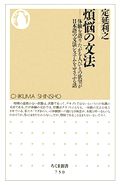
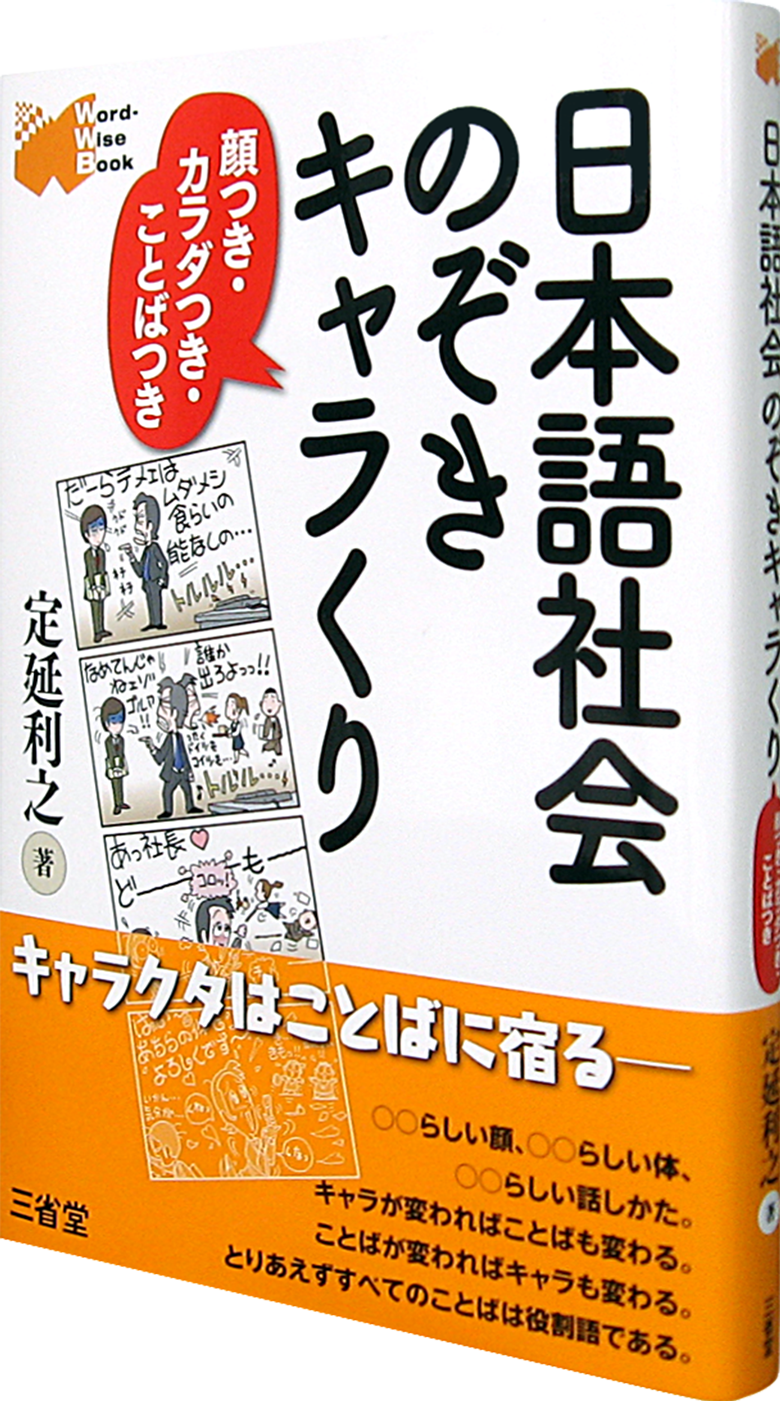
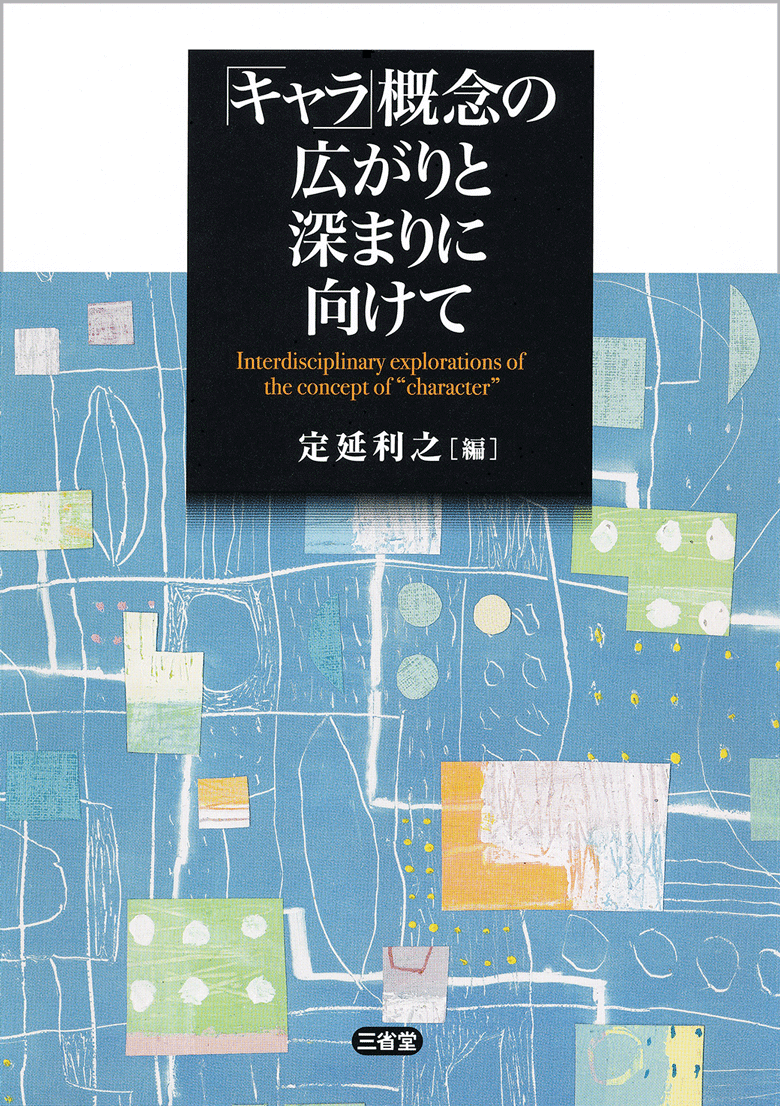
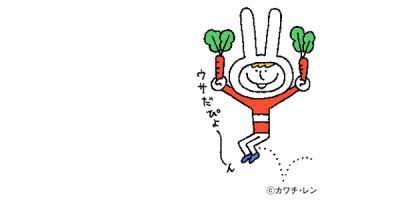

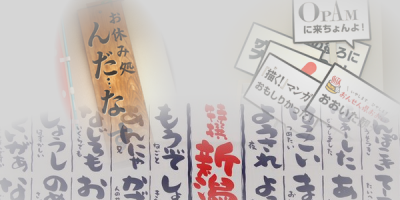
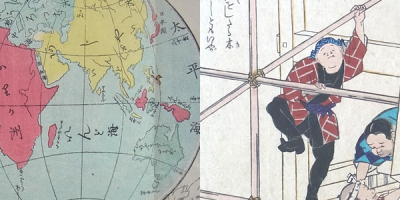
(1) 1862–1922 Novelist, poet, and doctor.